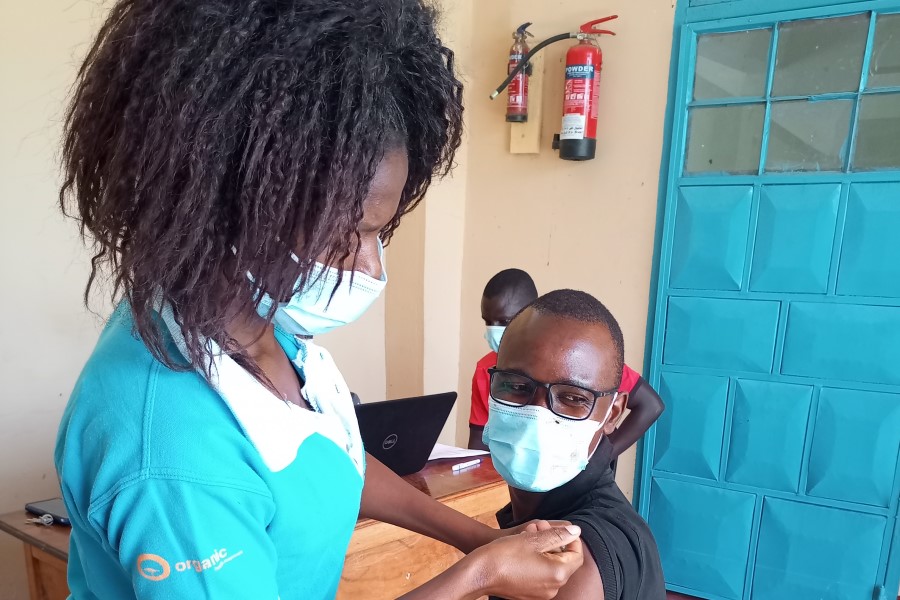Among the many disruptions generated by COVID-19 for rural communities around the world, community-based research reliant on international collaboration and face-to-face interactions has been greatly tested. In a recent report in the Journal of Global Health Reports, University of Minnesota researchers and colleagues provide an example of how community-based research collaborations can utilize embedded networks to develop adaptive responses to unexpected public health threats.
The Mfangano Community Health Field Station represents a training and research collaboration between the University of Minnesota in the United States, Maseno University in Kenya and Ekialo Kiona (EK) Center on Mfangano Island. Since 2010, this collaboration has implemented a series of health, agriculture and livelihood interventions on Mfangano Island alongside longitudinal community-based research. As the COVID-19 pandemic rapidly evolved, the collaboration adapted their priorities and strategies in real-time to initiate a community-led COVID-19 awareness and vaccination campaign for the island’s remote communities.
The group collaboratively identified and implemented three effective COVID-19 community engagement strategies including:
- factsheets in local languages for local distribution at high-frequency meeting points
- vernacular radio programming on a popular local radio station
- targeted vaccine promotion among key community opinion leaders
